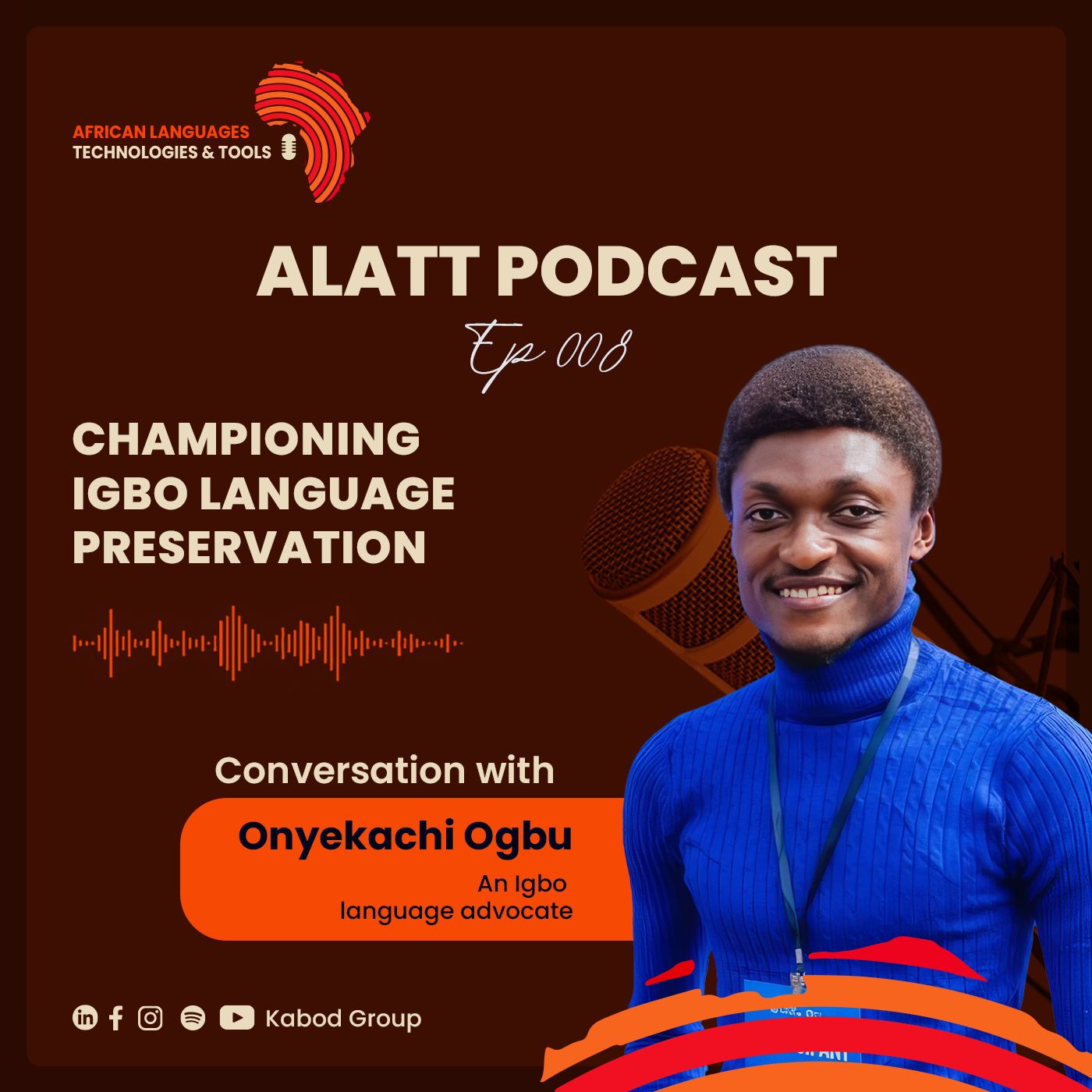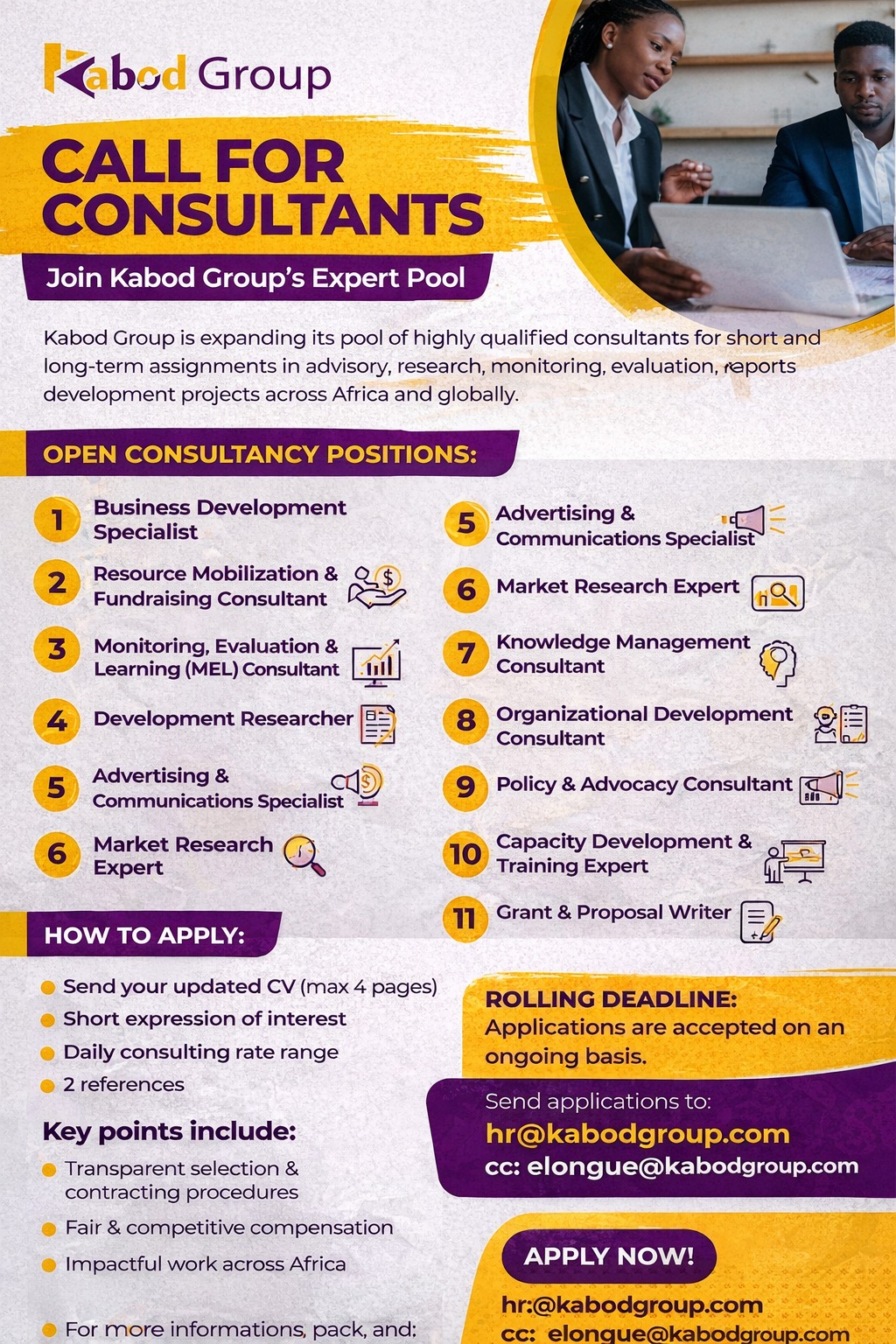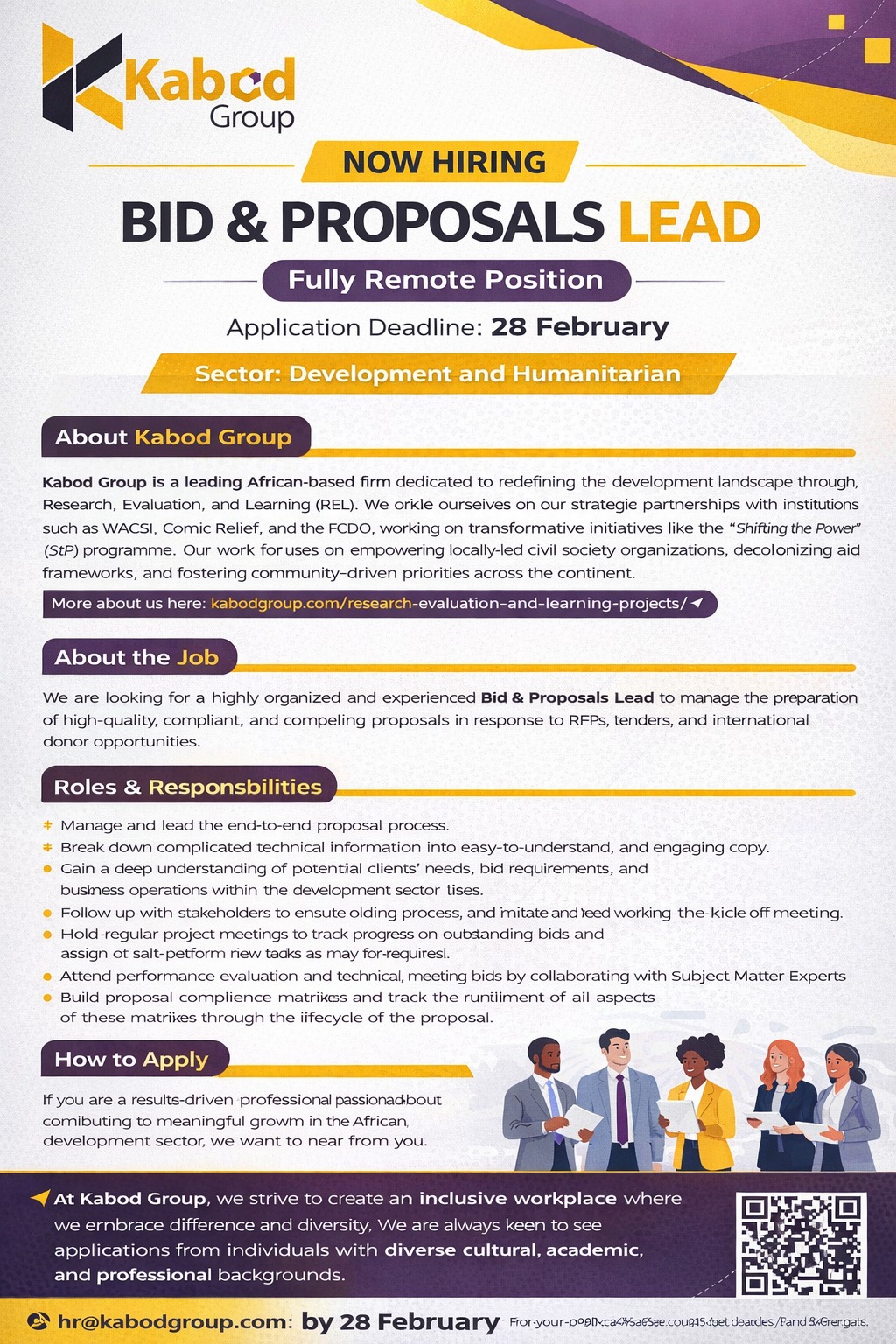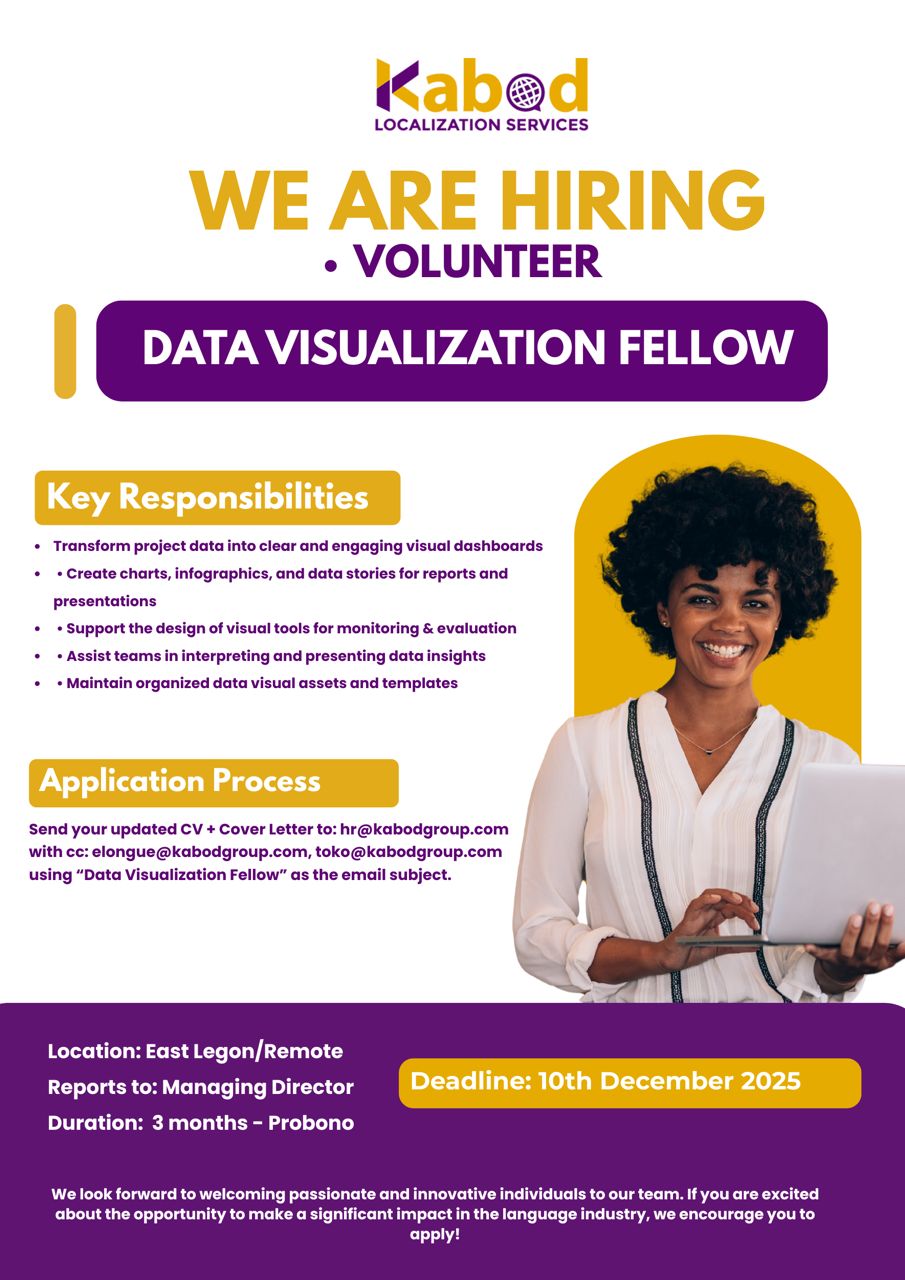Kabod is a language service provider specialising in quality language services in African and other Western languages. Our primary goal is to elevate African culture through our languages.
Onyekachi Ogbu is an Igbo language advocate and a graduate of the University of Nigeria, Nsukka. With four years of experience in translation, transcription, language curriculum development, voice-overs, and tutoring, he has consistently delivered high-quality services to Nigerian and international clients. After his national service, he plans to expand his language rights advocacy.
Kabod: What first sparked your passion for advocating for the Igbo language and inspired you to offer professional Igbo language services?
Onyekachi: Growing up, my passion for the Igbo language was instilled by speaking it at home with my parents and family. In secondary school, taking the Igbo language as an elective subject allowed for further immersion and appreciation of Igbo literature.
The pivotal moment came in university when a cousin shared an opportunity for an Igbo translation project. Despite initially signing up casually with a sibling, the experience opened my eyes to translation as a professional career that would utilise my Igbo language skills.
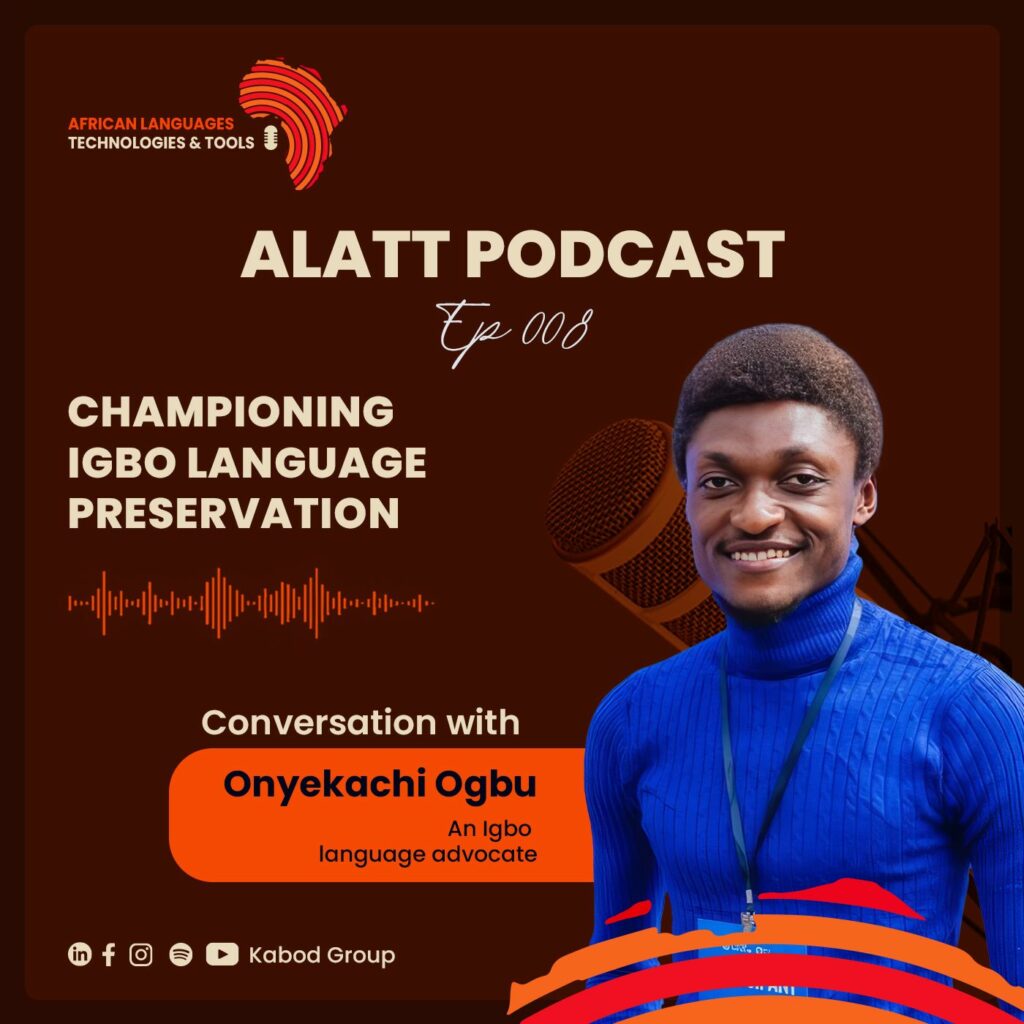
I realised that translation involves more than just language knowledge—it’s an art form requiring careful context adaptation, research, and creative cultural localization. Excelling at the Igbo translation project made me recognise my talent and the breadth of “language services” as a viable professional avenue.
Despite studying an unrelated field, the ability to do translation work remotely inspired me to pursue Igbo language services as a career. This first foray into professional Igbo translation ultimately sparked my passion for advocating for the language through offering skilled language services.
Kabod: In your experience working with Nigerian and international clients, what have been some of the biggest challenges in providing high-quality Igbo translation, transcription, and language learning services?
Onyekachi: As a professional offering Igbo translation, transcription, and language learning services, I have encountered numerous obstacles ranging from infrastructural deficiencies to linguistic complexities and client expectations.
The lack of a consistent power supply and high internet costs in Nigeria make it difficult to keep devices operational for translation work. Researching and creatively translating modern technical terms lacking direct Igbo equivalents demands considerable time.
Payment issues, such as low rates from some international clients, restricted payment methods unusable in Nigeria like PayPal, and steep initial deposits required for options like Payoneer, pose financial challenges. Nigerian clients tend to have higher expectations and less tolerance for infrastructural realities compared to more understanding international clients.
Overcoming these obstacles requires resourcefulness, such as investing in backup power, negotiating fair payments, and educating clients on the complexities of language work.

Kabod: Over the four years you’ve worked in this field, how has technology helped or hindered efforts to preserve and promote the use of the Igbo language?
Onyekachi: Over the past four years of working in the field of Igbo language services, I have witnessed firsthand how technology has both facilitated and hindered efforts to safeguard the rich cultural heritage embodied in the Igbo tongue.
On the positive side, technology has helped enable digital translation work, create digital archives of historical materials, and share multimedia Igbo content online. Computer-assisted translation tools allow for higher-quality and more efficient translations.
However, the benefits of technology are hindered by lack of access—not everyone can afford devices or have the digital literacy needed to utilise them thoroughly, especially older generations. This digital divide limits the universal adoption of tech for language revitalisation efforts.
Kabod: As an Igbo speaker, what role can language learning apps, voice assistants, and other language technology tools play in engaging younger generations with African languages?
Onyekachi: When migrant parents don’t pass on their native tongue, these technologies fill the gap – providing immersive exposure through kid-friendly content and self-guided learning opportunities. For those who missed learning their mother tongue growing up, the tools enable connecting with linguistic roots later in life.
Voice translators also bridge communication barriers between speakers and non-speakers. Overall, leveraging user-friendly language learning technologies overcomes obstacles to the intergenerational transfer of vulnerable African languages in accessible, engaging ways, which is key to reinvigorating these rich linguistic heritages.
Kabod: Beyond language services, what innovative ways do you envision leveraging technology to document, analyse, and sustain the rich linguistic diversity of African languages?
Onyekachi: In the next decade, significant advancements in language technology for African languages will be made. This includes more widespread availability of speech recognition and synthesis tools, making digital interaction in indigenous languages more seamless and common.
Many companies actively translate their websites, apps (utility apps and games), and user interfaces into indigenous African languages. This includes significant platforms like Amazon and WhatsApp.
Researchers are developing these technologies for African languages. Shortly, we may see voice-supported keyboards that allow users to speak in their native language and have it transcribed automatically. There’s also a growing push to make digital products more accessible by offering interfaces in local languages.
These innovations not only help document and analyze African languages but also play a crucial role in sustaining linguistic diversity by integrating these languages into everyday digital experiences.
Interested in speaking on the ALATT podcast? Or do you know someone who would be a great guest? Reach out to us at languages@kabodgroup.com.


